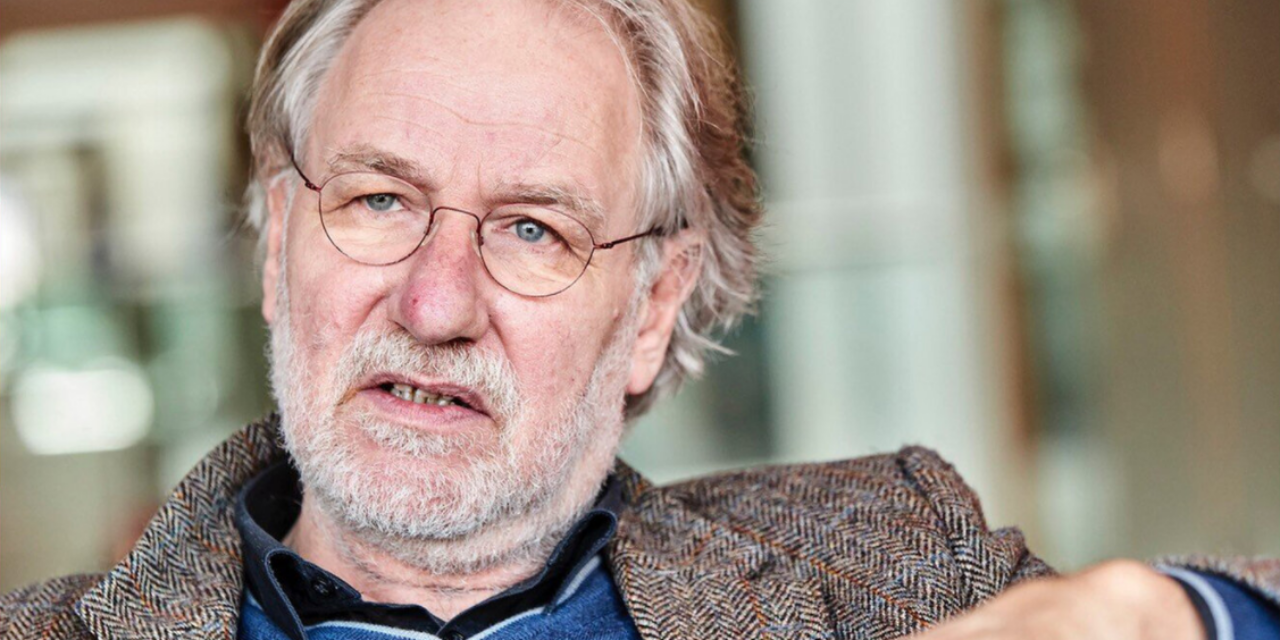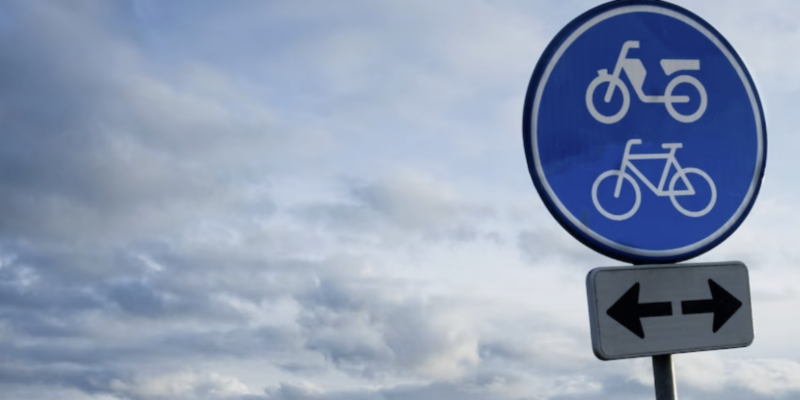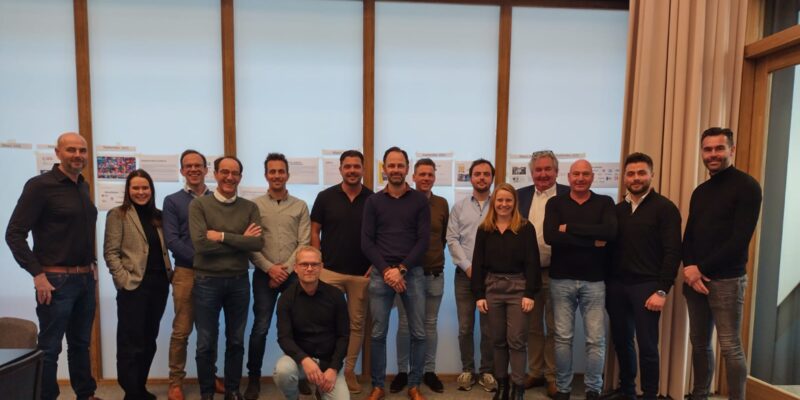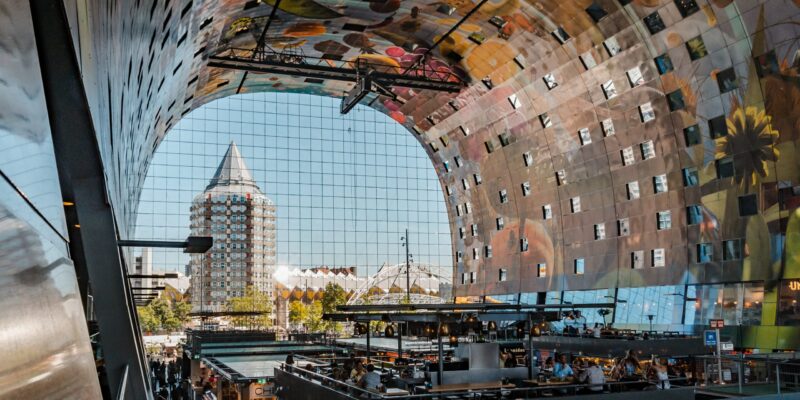Interview with Jan Jonker, professor of sustainable entrepreneurship

If we fail to act now, we will continue hopelessly muddling through that ‘better world’ forever. In his speech on sustainability on 1 September, Jan Jonker called for a rigorous approach to the transition to a circular economy. The speech coincided with his retirement as professor of sustainable entrepreneurship at Radboud University Nijmegen.
What is your definition of circularity?
’Circularity is organising value preservation in cycles. We need to move from an economy of throwing things away to an economy of value. We once thought the resources we had in this world were inexhaustible, but now we realise that they aren’t. In an economy based on value preservation, there is a material or biological side, which involves high-quality reuse of raw materials. Plus, there’s also a social side – the way we have organised our economy means that we’re also throwing people away.’
What can a businesses do to start working in a circular way?
’Businesses need to look beyond the boundaries of their own organisation, otherwise the issues they face will be impossible to resolve. A business is in an industry where things are being done as they have been done for a very long time. That industry operates in a network of laws and regulations created in a different era. Most legal and accounting rules were devised in the 1970s, when no one had heard of circularity or sustainability. A business that wants to work in a circular fashion cannot change the playing field by itself. Indeed, it can do its utmost, and yet still end up having to pay under our throwaway model.’
So collaboration is the key to change?
’Undoubtedly, you have to work together towards a point on the horizon. Businesses need to start looking together at what value they are creating and what that means for them legally, fiscally and economically. What new revenue models will we get? Take waste, for example. Often something is considered waste the moment it leaves an industrial site, but that thinking fails to consider its usability as a raw material for another process. There are rules about how much recycled material can find its way into vacuum cleaners and coffee makers. Those rules were devised half a century ago and are now impeding our progress.
If you look a step further ahead, international accounting rules are based on depreciation rather than on value preservation. From an accounting perspective, circularity is of no interest whatsoever. The transition to a circular economy will need to happen at all of these levels, from businesses through to accounting rules.’
But a lot is already happening in terms of circularity, isn’t it?
‘It’s all bits here and there, a pilot project or two. Everyone works very hard, but when it’s done, the project dies a lightning-fast death and fails to enter the social network of agreements and rules. I do see bright spots, but they are glimmers rather than spotlights. The hotel industry is taking very cautious steps in the right direction, as are the demolition industry and the potatoes, vegetables and fruit industry. To move towards circularity on a large scale, we need to change the rules of the game.’
What does that mean, changing the rules of the game?
’In the Netherlands, we spend eight billion Euros a year on tax advantages for the fossil energy industry. If we phase those out over the next ten years and put that money into energy sustainability instead, we’d change the rules of the game. Sustainability is not a matter of technology but a political choice. Denmark passed a law this spring that allows parliament to dismiss the government if its fails to deliver on its sustainable promises. That’s one way of doing it.’
What would you do if you were head of government now?
‘It seems like an extremely difficult job, as you’ve got all manner of plates spinning at any one time.
If I were prime minister now, I would want to create an overarching political vision for the future, in spite of the delusion of the day.
Where do we want to be as the Netherlands in 2030 and how do we get there?’


